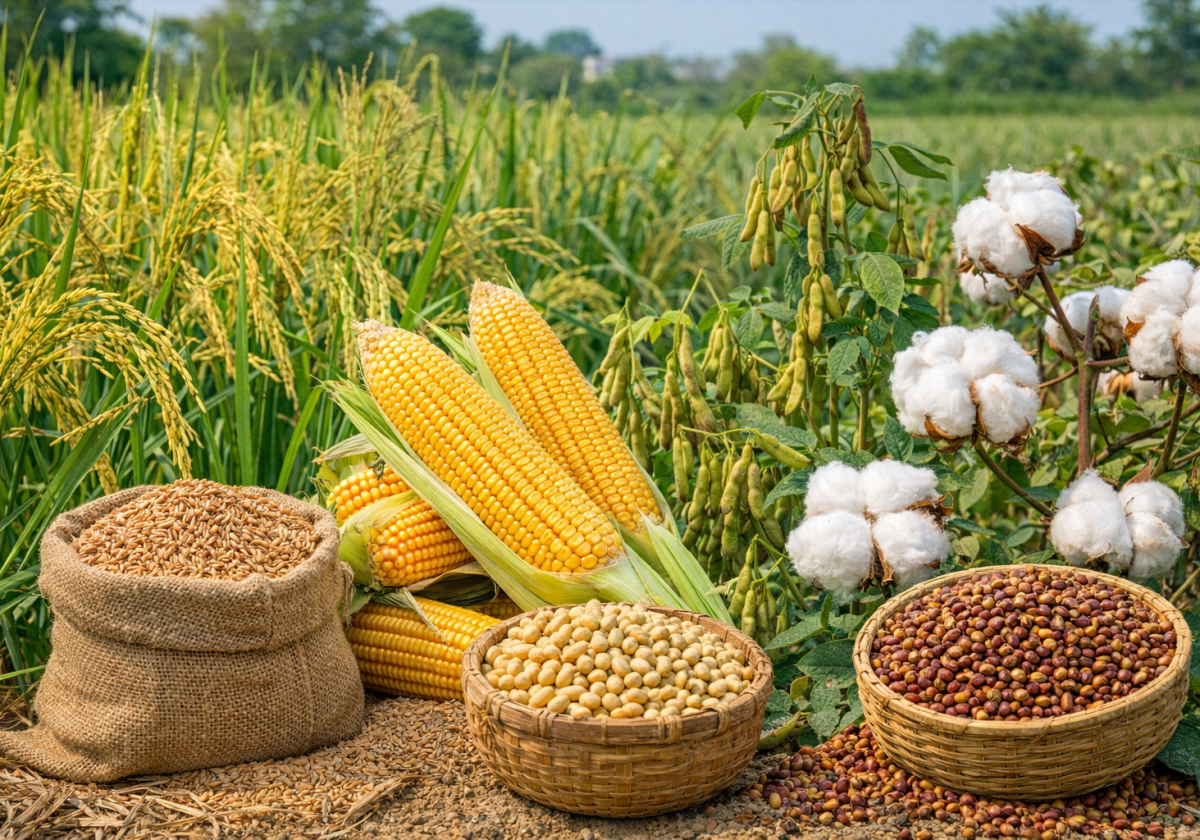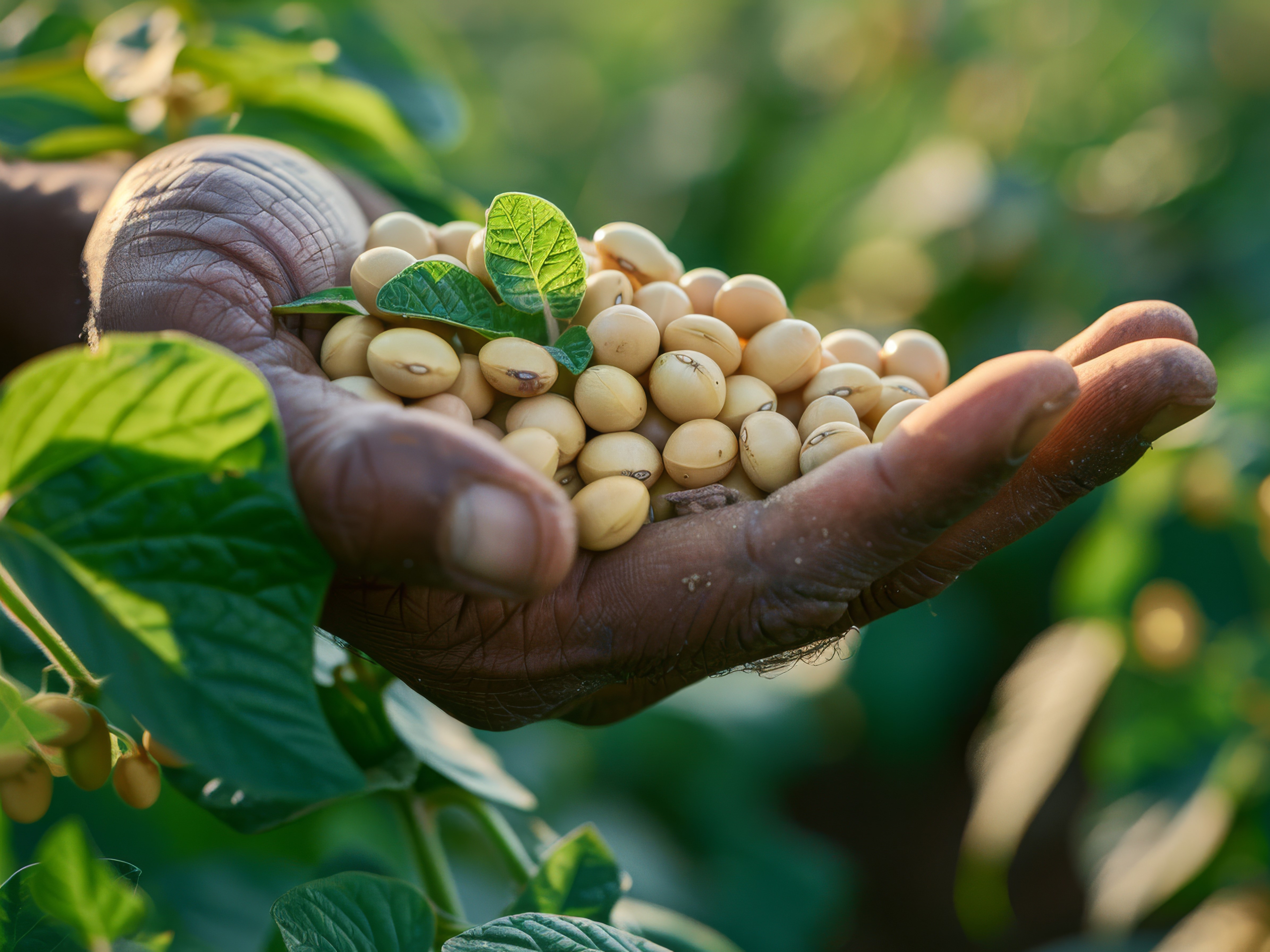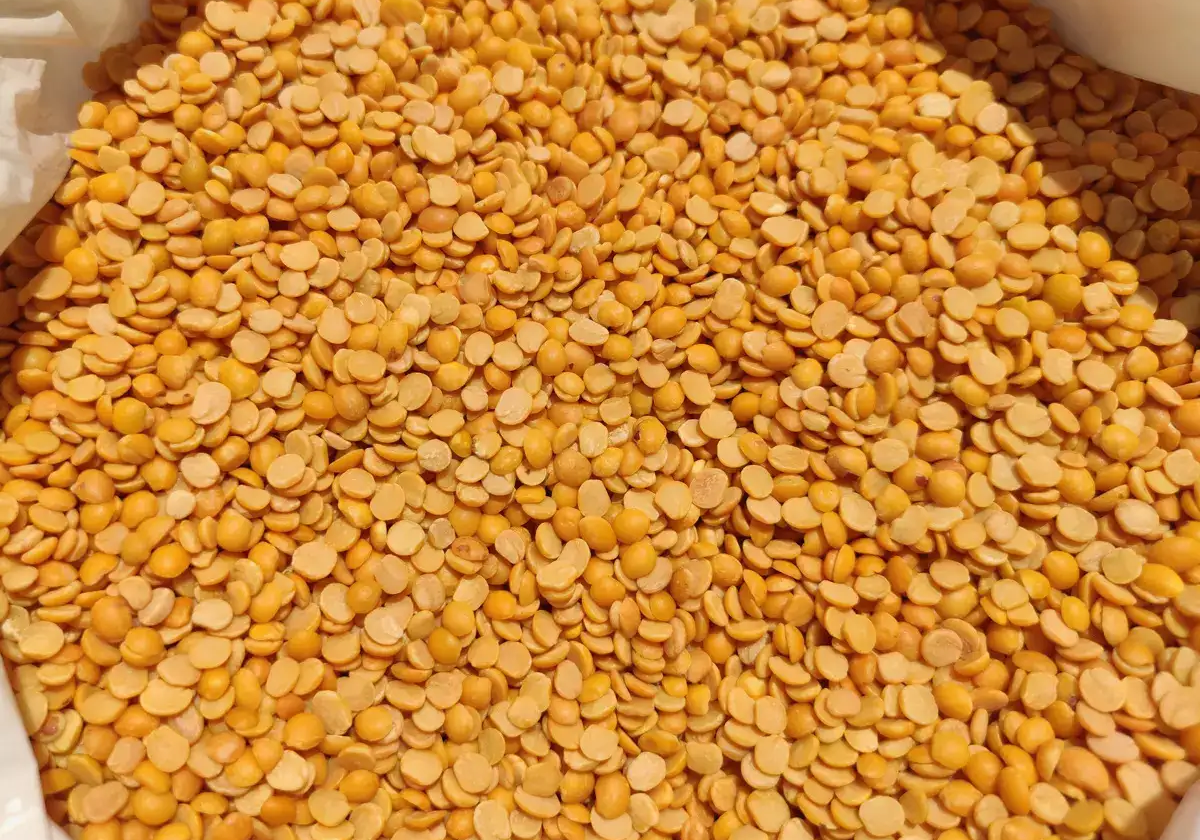The core of our economy, agriculture, is undergoing a silent yet transformative revolution. Agri startups are leveraging technology to address age-old challenges in the traditional agri value chain. Over the past decade, agritech startups have surged, driven by the convergence of smartphone penetration, digital infrastructure, and a growing need for sustainable solutions. Companies like agribazaar, a leading digital marketplace for agricultural produce, exemplify how agriculture technology startups are reshaping India’s farming landscape.

According to the Business Standard, India’s share in global agricultural exports is estimated to be around 2.4% in 2025, despite being the 7th largest agricultural exporter. In 2023-24, India’s agricultural exports were approximately $50 billion.
According to an Ernst & Young report, agritech firms in India present a US$ 24 billion opportunity, although the market is still largely untapped (with only 1.5% penetration).
Growth Drivers: Technology, Policy, and Investment
The rise of agritech companies is fueled by multiple factors. India’s agritech industry has benefited from government initiatives such as Digital India and Startup India, which promote technological adoption and entrepreneurship. Simultaneously, increasing smartphone usage in rural areas has bridged the gap between farmers and agritech solutions, enabling access to real-time data on weather, crop prices, and best practices.
Investors, too, are recognising the potential. Agritech startup funding has skyrocketed, with venture capital firms pouring over $1.6 billion into the sector between 2017 and 2022. Many agri startups have secured significant investments, underscoring confidence in platforms that streamline supply chains and empower farmers.
Impact on Traditional Farming: Efficiency and Empowerment
The impact of agritech startups on traditional farming is profound. These startups enhance productivity and reduce waste by deploying agri-tech innovations such as AI-driven analytics, IoT-enabled devices, and blockchain-based traceability. For instance, agribazaar connects farmers directly with buyers, eliminating intermediaries, ensuring fair prices and securing instant transactions directly into farmers’ bank accounts. This digital approach enables farmers to improve their incomes & livelihoods.
Moreover, agritech solutions address critical pain points like post-harvest losses, which cost India $14 billion annually. Startups offer cold storage networks, precision farming tools, and fintech services, fostering resilience against climate risks and market volatility. Such innovations are gradually transforming rural India into a tech-savvy, profit-oriented ecosystem.
Challenges: Navigating a Complex Terrain
Despite their promise, agritech startups face hurdles. The challenges agritech startups face include fragmented landholdings, low digital literacy among farmers, and inadequate infrastructure. Many smallholders remain sceptical of new technologies, preferring conventional methods. Additionally, scaling solutions across India’s diverse agro-climatic zones demands significant capital and localised strategies.
Regulatory complexities and fluctuating policies further complicate operations. However, pioneers like agribazaar demonstrate that perseverance pays off. By focusing on user-friendly platforms and farmer education, they build trust and drive adoption.
Top Agritech Startups and the Thriving Ecosystem
India’s agritech ecosystem today boasts over 1,500 startups, with several emerging as global contenders. Among the top agritech startups is agribazaar, addressing distinct segments across the agri value chain like pre-harvest solutions, online agri trading & auction platform, crop advisory and much more. The company combines tech expertise with grassroots understanding, creating scalable models.
agribazaar leverages AI and satellite imagery to offer crop health monitoring and identification, ensuring transaction safety and transparency.
Investment Trends and Future Prospects
The agritech market is poised for exponential growth and is projected to reach $30 billion by 2030. Recent agritech investment trends highlight a shift toward sustainability-focused solutions, including carbon credit platforms and biostimulants. Startups integrating climate-smart practices are attracting global investors who are eyeing ESG (Environmental, Social, and Governance) opportunities.
Furthermore, partnerships between corporations and agritech startups are accelerating R&D. For example, Agriwise collaborates with financial institutions to offer credit solutions tailored to farmers’ needs, addressing a critical gap in rural financing.
Conclusion: Sowing Seeds for a Sustainable Future
The rise of agri startups in India marks a pivotal shift from subsistence farming to a tech-driven, market-linked approach. While challenges persist, the sector’s potential to uplift millions of farmers and boost food security is undeniable. As agritech trends evolve, startups like agribazaar will remain at the forefront, proving that innovation, rooted in inclusivity, can yield transformative results.
With continued policy support, investor confidence, and farmer engagement, India’s agritech ecosystem is set to redefine global agriculture and become an international food bowl.








 Connect With Us
Connect With Us